We cannot win the weak by sharing our wealth with them. They feel our generosity as oppression
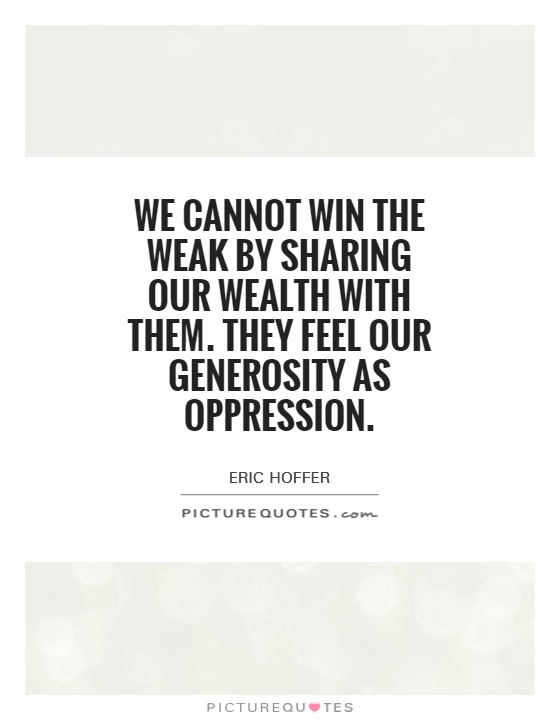
We cannot win the weak by sharing our wealth with them. They feel our generosity as oppression
Eric Hoffer, a renowned American philosopher and author, once said, "We cannot win the weak by sharing our wealth with them. They feel our generosity as oppression." This statement holds a profound truth that is often overlooked in our society. Hoffer's words shed light on the complex dynamics of power, privilege, and inequality that exist in our world.When we think about sharing our wealth with the weak, we often do so with good intentions. We want to help those who are less fortunate, to lift them out of poverty and provide them with opportunities for a better life. However, what we fail to realize is that our generosity can sometimes be perceived as a form of oppression by the very people we are trying to help.
This paradoxical phenomenon can be attributed to the inherent power dynamics that exist between the haves and the have-nots. When we, as individuals or institutions, offer assistance to those in need, we inadvertently reinforce the notion of their inferiority and dependence on us. This can create a sense of resentment and disempowerment among the recipients of our generosity, as they may feel patronized or belittled by our acts of charity.
Moreover, sharing our wealth with the weak can also perpetuate a cycle of dependency and entitlement. By constantly providing for others without empowering them to become self-sufficient, we inadvertently rob them of their agency and dignity. This can further exacerbate feelings of inadequacy and helplessness, ultimately hindering their ability to break free from the chains of poverty and oppression.

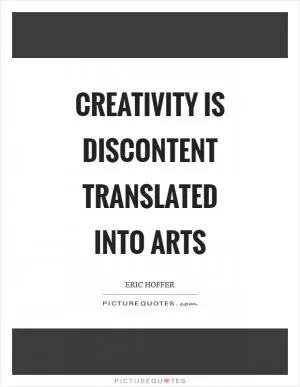
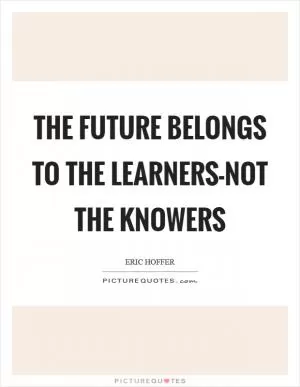
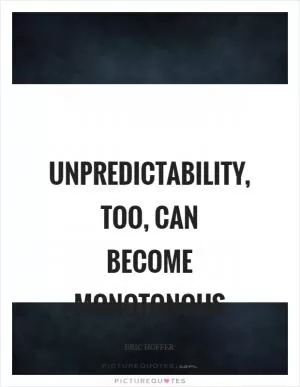
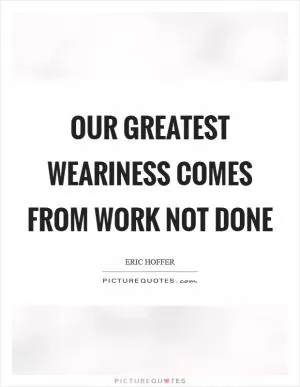
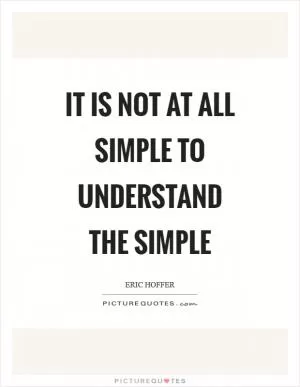
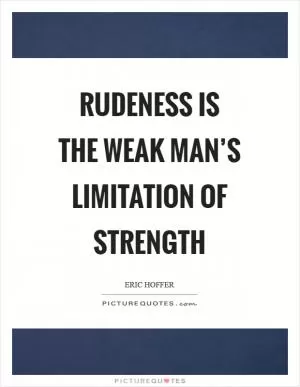
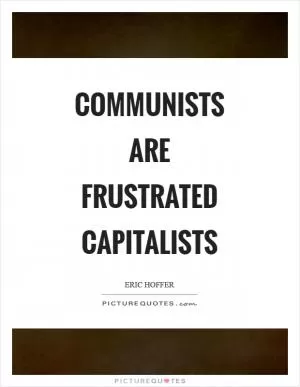
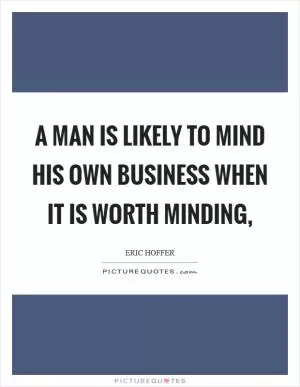
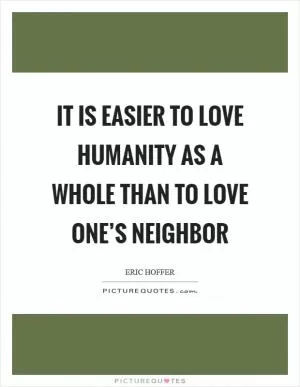
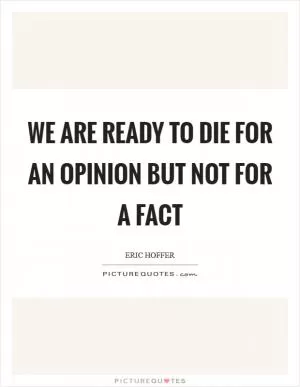
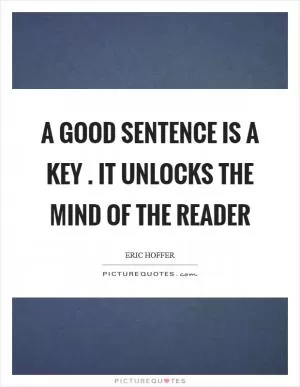
 Friendship Quotes
Friendship Quotes Love Quotes
Love Quotes Life Quotes
Life Quotes Funny Quotes
Funny Quotes Motivational Quotes
Motivational Quotes Inspirational Quotes
Inspirational Quotes